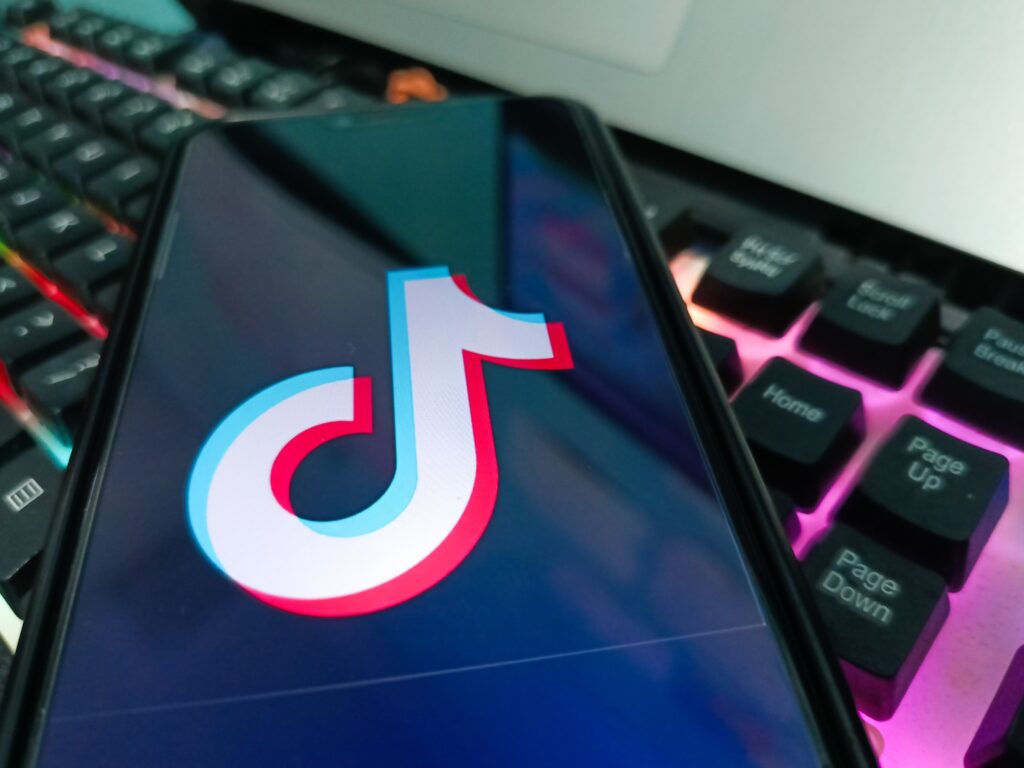Tech companies like Apple, Google, and Oracle face significant risks if they ignore the TikTok ban. Even with potential support from Donald Trump, compliance remains a legal and financial concern.
The TikTok Ban and Its Implications
Starting Sunday, a law requires ByteDance, TikTok’s Chinese parent company, to sell its U.S. operations. Congress passed this law over fears that TikTok could expose Americans’ data to the Chinese government or influence the content Americans see. The Supreme Court upheld the law, which imposes financial penalties on companies that fail to comply.
Donald Trump, preparing to assume office Monday, has expressed interest in resolving these concerns while keeping TikTok available in the U.S. “A decision on TikTok will come soon, but I need time to assess the situation,” Trump posted Friday on Truth Social. However, legal experts warn that assurances from Trump may not shield companies from legal or financial consequences.
Wayne Unger, a law professor, explained, “Tech companies must weigh whether they are willing to risk violating the law despite Trump’s assurances, which carry limited legal authority.”
TikTok CEO Shou Zi Chew remains hopeful for a solution, stating, “We will do everything possible to ensure our platform thrives.”
How the Ban Operates and the Challenges Ahead
The ban pressures companies like Apple, Google, and Oracle to halt their support for TikTok’s operations. Companies providing app hosting, updates, or downloads risk fines of $5,000 per user. For Apple and Google, this applies to each user accessing TikTok via their services. Oracle, which hosts TikTok’s infrastructure, faces fines for users accessing the app through its platform.
Alan Rozenshtein, a legal expert, emphasized, “These fines can accumulate rapidly, particularly for companies offering large-scale hosting services.”
The law also allows the U.S. Attorney General to impose fines retroactively over five years. A president can extend the divestiture deadline by 90 days, but only if TikTok demonstrates progress in selling its U.S. assets.
Trump’s Possible Interventions and Legal Limits
Media reports suggest Trump may issue an executive order to delay the ban. However, Rozenshtein clarifies that an executive order cannot override a law passed by Congress. “An executive order is essentially a formal press release,” he said.
If Trump promises non-enforcement of the law, affected companies might argue in court that they relied on those assurances. Still, the legal outcome of such a defense remains uncertain.
The Justice Department, under Biden’s administration, could also choose not to enforce the law immediately. However, its five-year enforcement window ensures future administrations could impose fines retroactively.
Is a TikTok Ban Permanent?
If TikTok goes offline, it may return if ByteDance completes a qualified sale of its U.S. operations. U.S. Solicitor General Elizabeth Prelogar suggested the ban could pressure ByteDance into compliance.
“This law could create the urgency ByteDance needs to move forward with divestiture,” Prelogar noted during recent Supreme Court arguments.
While TikTok’s future remains uncertain, tech giants must carefully evaluate their next steps. Ignoring the ban could lead to severe financial repercussions, even with potential political support.


